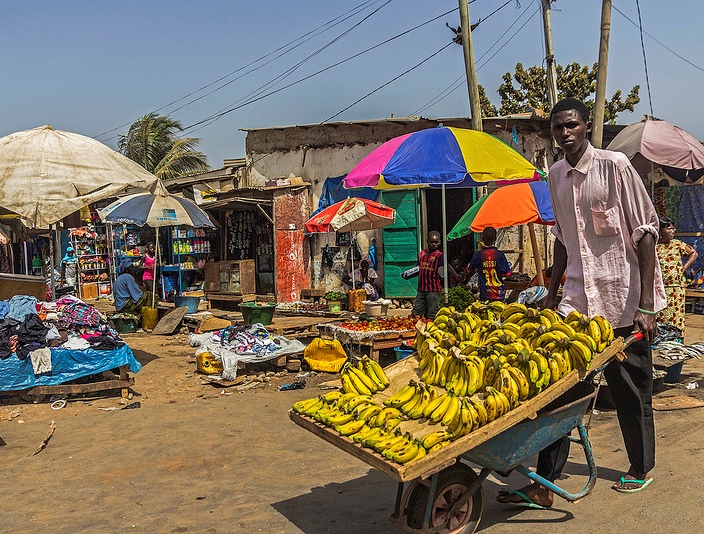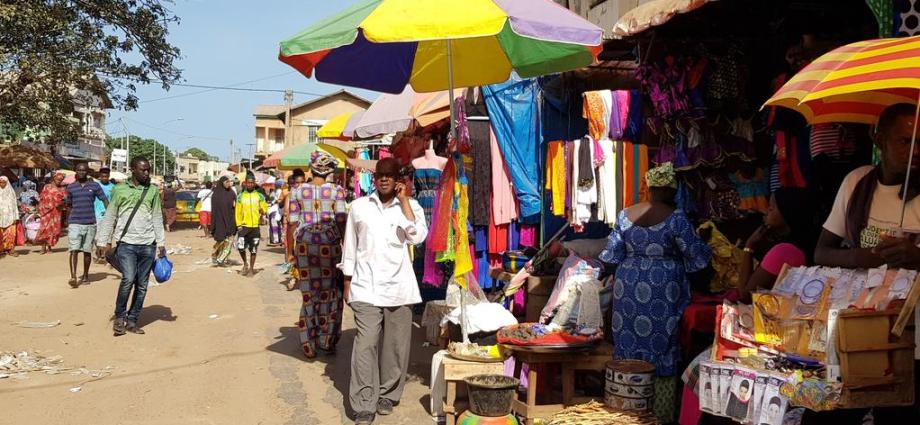Survival Not Growth: How Gambia’s Financial Ecosystem Entrenches Poverty
Context
In most modern economies, access to credit serves as a catalyst for growth—enabling individuals to build, invest, and secure their futures. However, The Gambia’s financial system tells a starkly different story: one where survival overshadows prosperity, and immediate consumption replaces long-term investment.
The country remains predominantly cash-based, with financial services that lack reach, depth, and relevance. For the average Gambian, credit is not an accessible tool. Whether for home construction, business startups, or emergencies, full upfront payment is the only option.

There are no accessible credit cards, personal loans for the working class, or sufficient small business financing. As a result, economic progress is stifled. Building a home becomes a decade-long struggle, and entrepreneurial dreams often die due to lack of capital.
A System Built to Exclude
The Gambia’s financial architecture systematically excludes the majority due to:
- High Collateral Requirements: Banks demand land titles or hard assets, which most citizens lack.
- Weak Credit Infrastructure: No national credit scoring system exists, leaving lenders with little data to assess risk.
- Financial Illiteracy: Many Gambians lack knowledge of credit management or savings culture.
- No Income-Based Lending: Even salaried workers struggle to secure loans.
In essence, the financial system is not designed to serve everyday Gambians.
A Cash Economy Is a Poor Economy
Imagine constructing a home over 15 years, paycheck by paycheck. Or watching a promising business idea fade due to a lack of GMD 20,000. This reality traps people in short-term survival mode, stifling entrepreneurship and perpetuating poverty.

When earnings are spent entirely on immediate needs, there’s no room for savings, wealth accumulation, or economic mobility.
What Needs to Change
To foster development and reduce poverty, The Gambia must restructure its financial sector by:
- Developing inclusive credit systems for low- and middle-income earners.
- Promoting nationwide financial literacy, particularly in rural areas.
- Encouraging public-private partnerships to create locally relevant financial products.
Most critically, the mindset must shift: poverty isn’t merely a lack of money—it’s a lack of access, opportunity, and systems that enable growth.
Until the financial system is redesigned to serve all Gambians, poverty will remain an entrenched feature rather than an accidental outcome.
By Foday Joof
The author is a risk management officer at the Central Bank of The Gambia. This article was first published by Finextra.
Source: Gambiana


